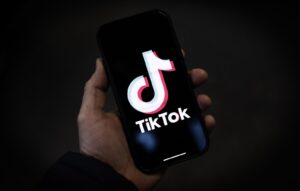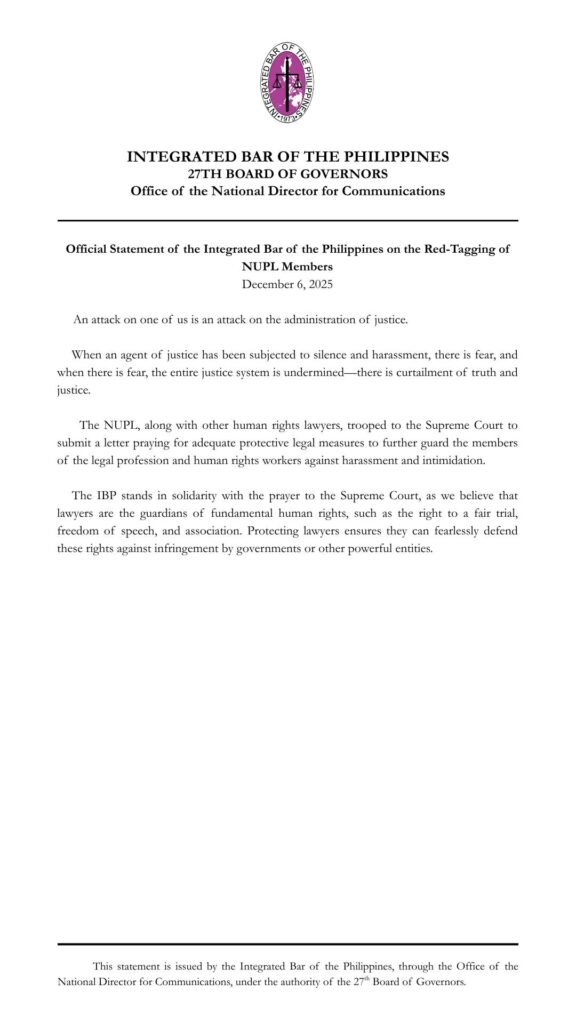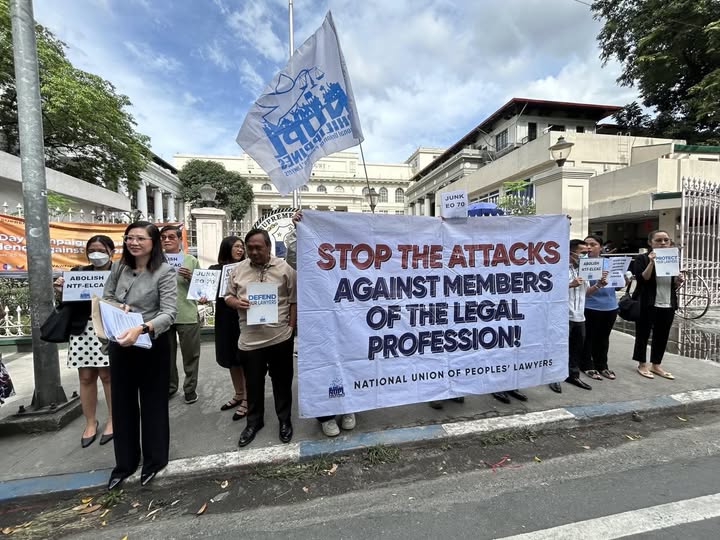📷nme.com
WITH China expanding its tactics on social media, a legislator filed a bill that would effectively ban TikTok and other digital apps being used for the dissemination of what has been aptly described as “malicious campaigns.”
In a statement, Manila Congressman Bienvenido Abante cited the urgent need to restrict TikTok apps and other similar social media platforms in the Philippines as part of an effort to protect Filipinos against disinformation and fake news.
“With the rising tension between China and the Philippines, the government must take positive preemptive action to ensure that we protect our citizens from manipulation and misinformation campaigns using social media – from any foreign adversary country,” reads part of Abante’s statement.
In filing House Bill 10489, Abante is pushing to regulate enemy-controlled websites, desktop and mobile applications.
However, the legislative proposal empowers the President to identify the so-called “foreign adversaries” seen to threaten the national security or the territory – in this case, the West Philippine Sea.
“The proposed bill regulates conduct rather than targeting the content of speech. The provisions in this proposed bill focus on national security threats and an application’s ownership by a foreign adversary,” Abante noted.
He also zoomed in on some web apps which have reportedly been collecting netizens’ information, even as he cited the need to protect the country’s communications against wiretapping, phishing ang modern-day hacks that would compromise information coursed through social media platforms’ inter-connectivity features like chat, audio and video calls.
“The primary reason why I am proposing this bill is for our country to be watchful of foreign adversary countries infiltrating our communication infrastructure and making a mockery of our cybersecurity and intelligence.”
“We need to take a preemptive action to prevent the clear and present danger of foreign adversary-controlled companies operating in the Philippines with the purpose and capability of harvesting data from unsuspecting subscribers,” he concluded. (ANGEL F. JOSE)




